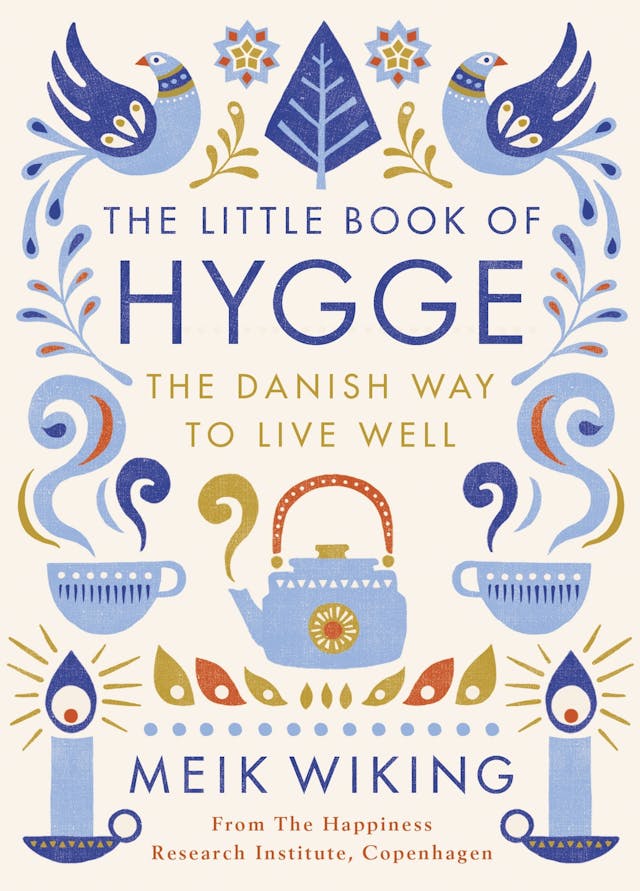On Earth We’re Briefly Gorgeous Summary
Key Takeaways
- Exploring one’s past and familial relationships can lead to profound self-understanding and healing.
- The power of language and storytelling is central to exploring and expressing identity and trauma.
- Vuong’s narrative style blends poetry with prose, underscoring the beauty and pain of human experience.
- Themes of love, loss, and the search for identity are woven throughout the book, highlighting the complexity of the human condition.
- The transient nature of beauty and the struggle for self-expression define the human experience.
🌿 ReflectBay
Overthinking again?
You're not too much. You're just overwhelmed and it's okay. We help you untangle the noise and feel calmer.
We'll help you...
Summary
Vuong’s novel, presented as a letter from a son to his illiterate mother, is a raw and intimate exploration of their shared history, the unspoken traumas, and the secrets that define their relationship. The narrative seamlessly blends memories of Vietnam, the experience of being immigrants in America, and the personal identity struggles of the protagonist.
The book delves deep into the complexities of love, pain, and family legacy, painting a vivid portrait of life that is at once unique and universally relatable. Vuong’s poetic prose captures the nuanced dynamics of family, culture, and sexuality, offering readers a glimpse into the inner life of a young man grappling with his identity and place in the world.
Through his reflections, the protagonist navigates themes of belonging, violence, and the redemptive power of storytelling. Vuong’s work is not just a narrative about growing up and coming out but a meditation on the nature of beauty, the violence of love, and the haunting legacy of war.
'On Earth We're Briefly Gorgeous' is a stunningly beautiful and heart-wrenching novel that transcends the boundaries of traditional storytelling, offering a profound insight into the complexities of life and the transformative power of words.
Also recommended

The Little Book of Hygge: The Danish Way to Live Well
Meik Wiking
Beach Read
Emily Henry
